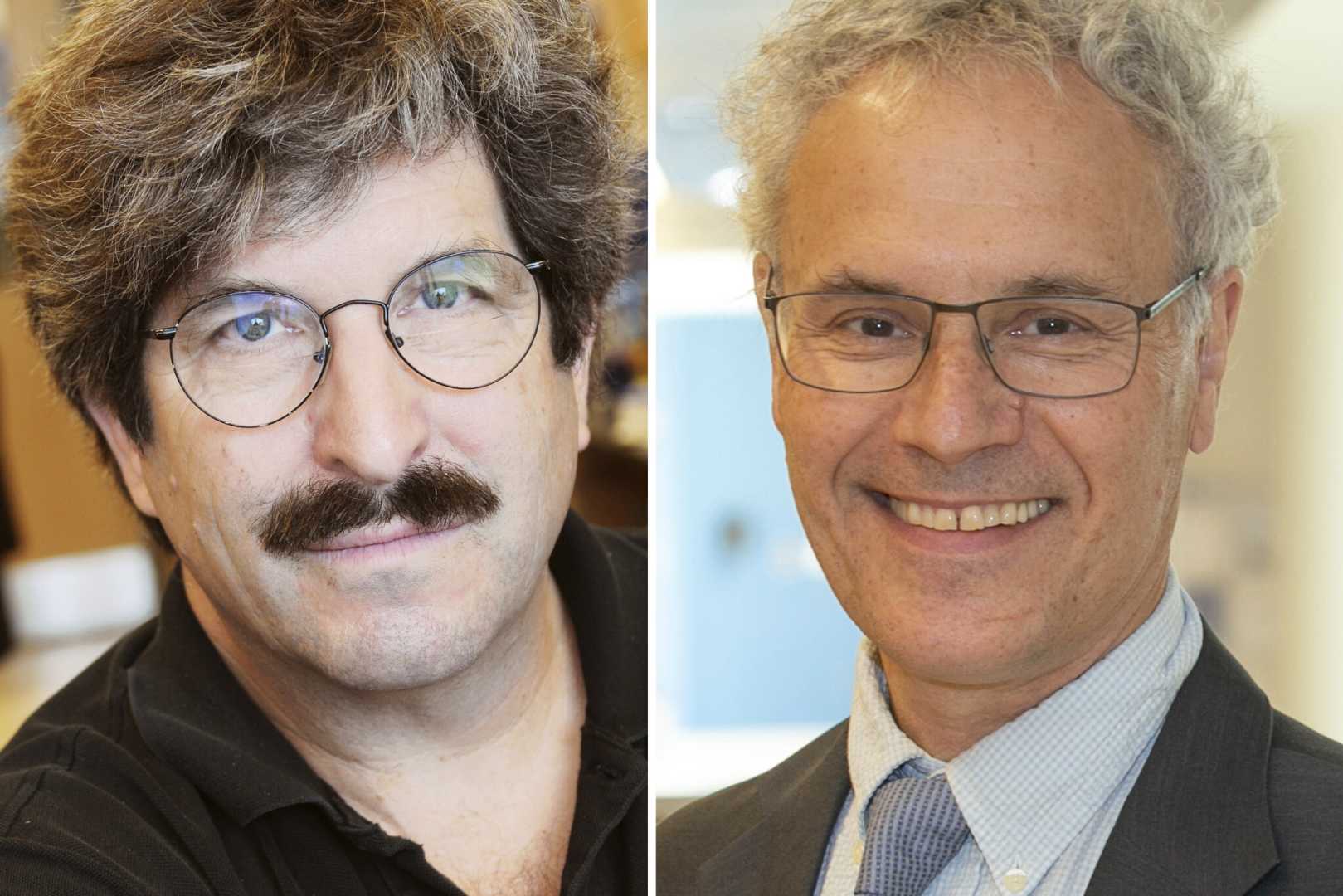News
Victor Ambros and Gary Ruvkun Honored with Nobel Prize in Physiology or Medicine

Victor R. Ambros, PhD, a researcher from UMass Chan Medical School, has been awarded the 2024 Nobel Prize in Physiology or Medicine. The Nobel Assembly at Karolinska Institute in Stockholm made the announcement, recognizing Ambros and his collaborator Gary B. Ruvkun, PhD, of Massachusetts General Hospital and Harvard Medical School, for their discovery of microRNA, which plays a crucial role in post-transcriptional gene regulation.
This accolade marks the second time UMass Chan Medical School has been acknowledged by the Nobel Assembly. Dr. Craig C. Mello, another distinguished professor at the institution, previously won the Nobel Prize in 2006 for his work on RNA interference. Chancellor Michael F. Collins of UMass Chan praised Ambros’ contributions, noting his profound impact on the RNA research community.
MicroRNA, also known as miRNA, was first discovered by Ambros and his lab in the early 1990s, while studying the genetics of the nematode C. elegans. The discovery revealed that these tiny RNA molecules regulate gene expression, impacting numerous biological processes related to health and disease, including cancer, heart disease, and Alzheimer’s disease. Researchers have identified over 1,000 unique human miRNAs responsible for regulating more than half of all human genes.
The Nobel committee highlighted Ambros and Ruvkun’s groundbreaking discovery that unveiled a new principle of gene regulation essential for multicellular organisms, including humans. Their research has unveiled a new dimension to understanding how genes function and are regulated. Both scientists conducted postdoctoral work at MIT in the laboratory of H. Robert Horvitz, a noted Nobel laureate.
The implications of microRNA discovery extend to the field of medical science, where miRNA profiling aids in developing treatments for various forms of cancer and other diseases. Recent studies have associated miRNA with cardiac health, signaling its potential role in early diagnostics for heart disease and other conditions.
Victor Ambros completed his undergraduate and graduate studies at the Massachusetts Institute of Technology (MIT), where he worked with David Baltimore, a Nobel laureate awarded for his research on tumor viruses. Gary Ruvkun earned his PhD at Harvard University before joining Horvitz’s lab at MIT. Both scientists have continued their collaborative efforts over the decades despite working at different institutions.
Ambros joined UMass Chan Medical School in 2007, driven by the vibrant RNA research community at the institution. The Nobel Prize ceremony is scheduled to be held in Stockholm on December 10th, commemorating Alfred Nobel, the founder of the prestigious award.












